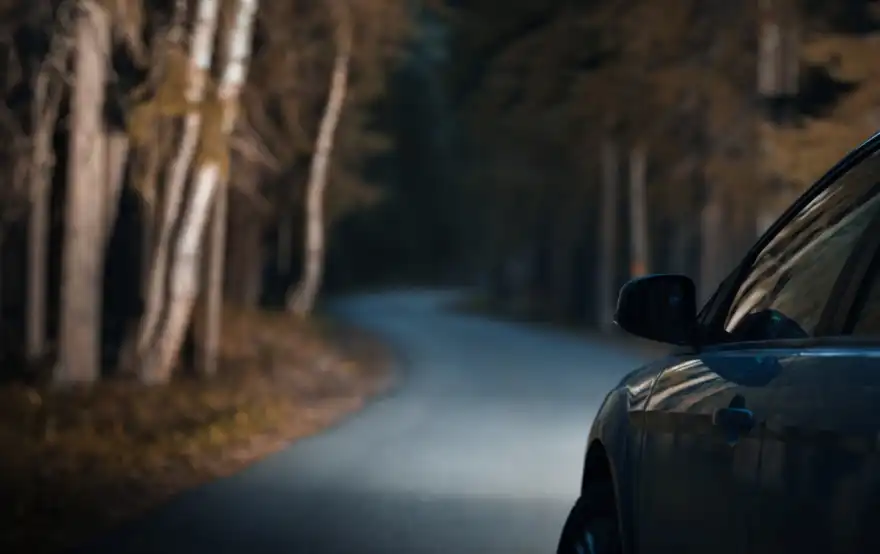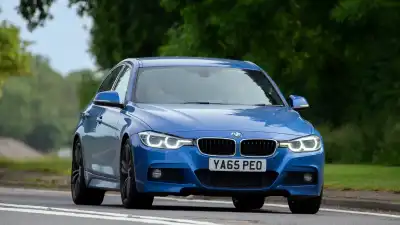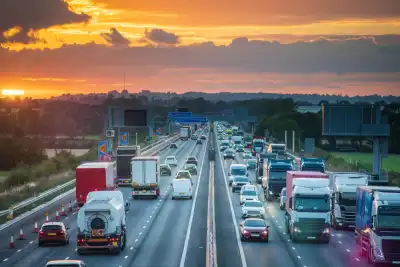
As the clocks get ready to shift from British Summer Time (BST) to Greenwich Mean Time (GMT) on Sunday, October 27, drivers are being warned to stay extra alert.
Last year, car accidents jumped by 10% when the clocks went back, and a similar rise is expected again this year. Data from the AA’s Accident Assist team shows that call-outs rose by 11% in the two weeks following the clock change.
Why the spike in crashes? It's mostly due to darker streets and slippery autumn weather, according to several studies. Tim Rankin, the managing director of Accident Assist, stated, “[the] stats are clear that when the clocks fall back, we see a rise in the number of crashes.”
Some experts are calling for an end to the twice-a-year clock changes. Dr. Gisela Helfer, a body clock expert from the University of Bradford, pointed out that “quite a few studies have now looked at a correlation between the clock change and things like heart attacks and car accidents. The results are astonishing.
“Clock changes were brought in originally to save money but there is currently no need to do this,” she said. “I would argue it is time to end the practice of changing the clocks twice a year.”
Drivers are also being advised to check their headlights to avoid blinding other road users. A survey by the AA found that 73% of people said being dazzled by the low autumn sun is the worst part of driving this time of year. The Department for Transport reported nearly 3,700 crashes in 2023 where someone was killed or seriously injured due to a driver’s vision being impaired.
Rankin also noted that autumn is "the most testing" season to drive, thanks to the unpredictable weather and light changes. The AA has seen crash rates rise by as much as 25% between October and December. His advice? “The best advice is to drive to the conditions, ensure your car is in good condition and to look out for other road users.”




